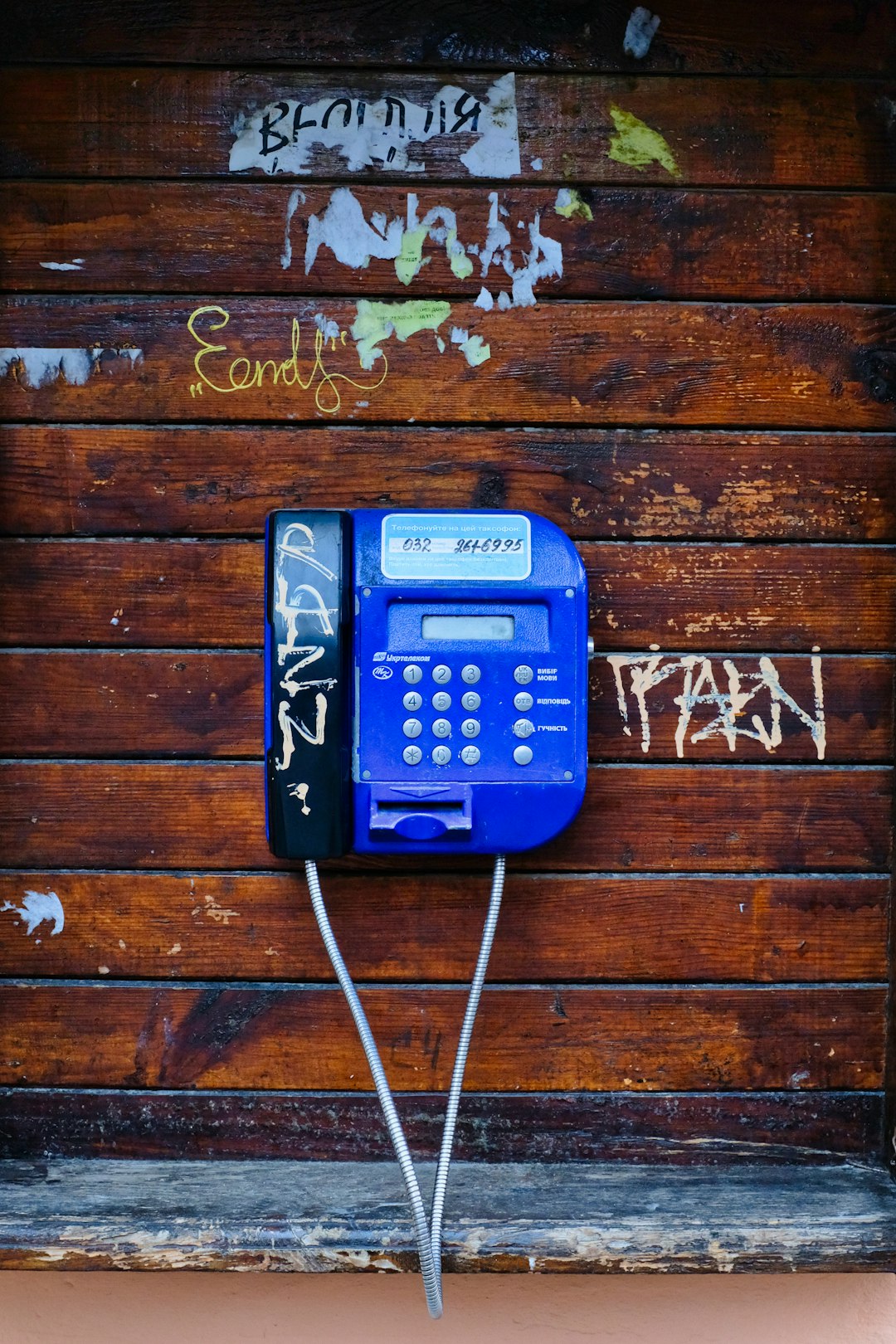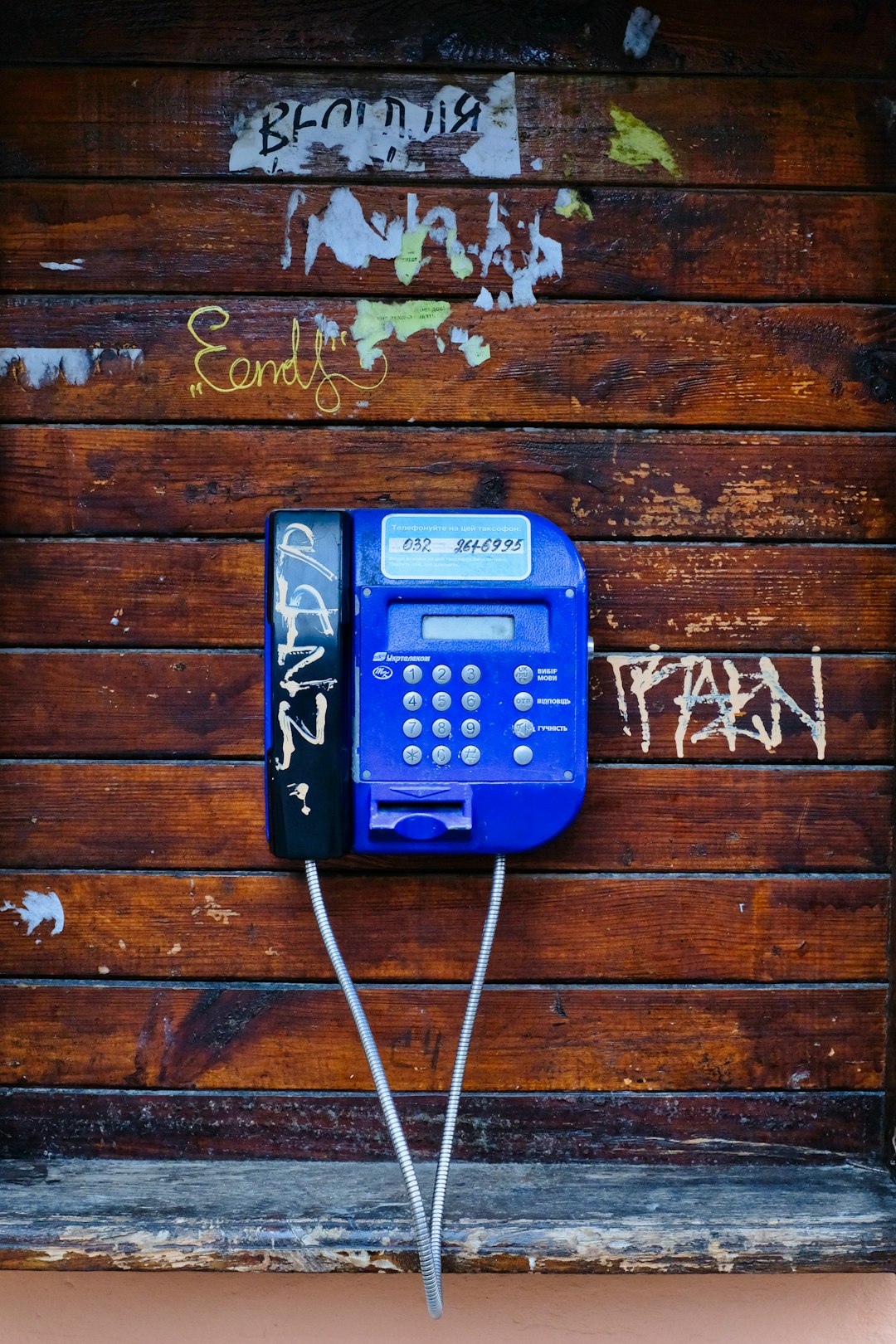Washington D.C.'s stringent debt collector laws DC protect residents from aggressive or unfair creditor tactics, including harassing calls and threatening actions. Debtors are empowered by regulations that mandate collection agencies provide proper identification, validate debts, and limit contact frequency. Through mechanisms like consumer complaints handled by the D.C. Attorney General's Office, violators face enforcement, ensuring a transparent and respectful debt collection environment. Individuals facing debt harassment should document interactions, gather evidence, and consider filing complaints or consulting legal aid.
In the face of mounting debt, understanding one’s rights is paramount. This article explores how DC laws protect residents from debt harassment, providing crucial safeguards for debtors. We delve into the definition and prevalence of debt harassment, highlighting DC’s role in mitigating aggressive collection practices. Key protections offered by DC laws are analyzed, followed by an examination of enforcement mechanisms and your rights to take action against unfair debt practices within the district.
Understanding Debt Harassment: What It Entails and DC's Role

Debt harassment refers to repeated, unwanted, and aggressive actions taken by debt collectors in an attempt to extract payment from an individual or entity that cannot or does not intend to pay. This can include phone calls, letters, emails, and even threats or intimidation tactics. In Washington D.C., debt collector laws are designed to protect residents from such harassment by setting clear guidelines on how debt collection agencies must conduct themselves.
The District of Columbia has implemented robust regulations under the Consumer Protection Act to oversee debt collection practices. These laws not only regulate the behavior of debt collectors but also provide borrowers with legal recourse if they feel harassed or abused. By understanding these laws, DC residents can assert their rights and take action against unfair debt collection tactics, ensuring a more transparent and respectful process during financial difficulties.
Key Protections Offered by DC Laws for Debtors

Debtors in Washington, D.C., are afforded several key protections under the city’s stringent debt collection laws. These regulations, often referred to as the debt collector laws DC, were designed to safeguard individuals from aggressive or unfair practices by creditors and collection agencies. One of the most significant safeguards is the strict regulation of communication methods employed by collectors. They are prohibited from making harassing phone calls, using abusive language, or threatening actions against debtors.
Additionally, the laws set clear limits on the timing and frequency of contact attempts, ensuring debtors enjoy a reasonable degree of peace. The debt collector laws DC also mandate that collection agencies provide proper identification and validation of the debt upon first contact. This ensures debtors are well-informed about their obligations and rights, empowering them to take appropriate action if needed.
Enforcement Mechanisms: How DC Law Enforces Debt Collection Rules

In Washington D.C., debt collection practices are strictly regulated by a robust legal framework designed to protect consumers from harassment and abusive tactics. The District’s laws, including the Consumer Protection Act (CPA) and Fair Debt Collection Practices Act (FDCPA), outline clear guidelines for debt collectors and enforce them through various mechanisms. These include administrative actions, civil lawsuits, and criminal penalties.
Enforcement begins with consumer complaints, which are taken seriously by regulatory bodies like the D.C. Attorney General’s Office. If a debt collector is found to have violated the debt collection laws, they can face substantial fines and legal repercussions. Additionally, consumers have the right to report violators directly to these authorities, initiating an investigation that could lead to official sanctions. Such strict enforcement mechanisms serve as a powerful deterrent, ensuring debt collectors adhere to ethical standards in their dealings with D.C. residents.
Your Rights: Taking Action Against Unfair Debt Practices in DC

In Washington, D.C., individuals facing debt harassment have significant legal protections thanks to the state’s robust consumer laws. If you’re being subjected to unfair or abusive practices by a debt collector, know that you have rights under the Debt Collection Practices Act (DCPA). This federal law prohibits debt collectors from engaging in harassing, misleading, or deceptive acts when attempting to collect a debt. In D.C., these protections are further enhanced by local regulations that specifically target debt collection practices.
If you feel your rights have been violated, taking action is crucial. Document all interactions with the debt collector and gather evidence of any violations. You can file a complaint with the Consumer Protection Division of the Attorney General’s Office in D.C., which actively investigates and prosecutes cases of unfair debt collection practices. Additionally, consider reaching out to a consumer rights attorney who can guide you through your options, including potential legal actions against the offending debt collector under DC laws.






